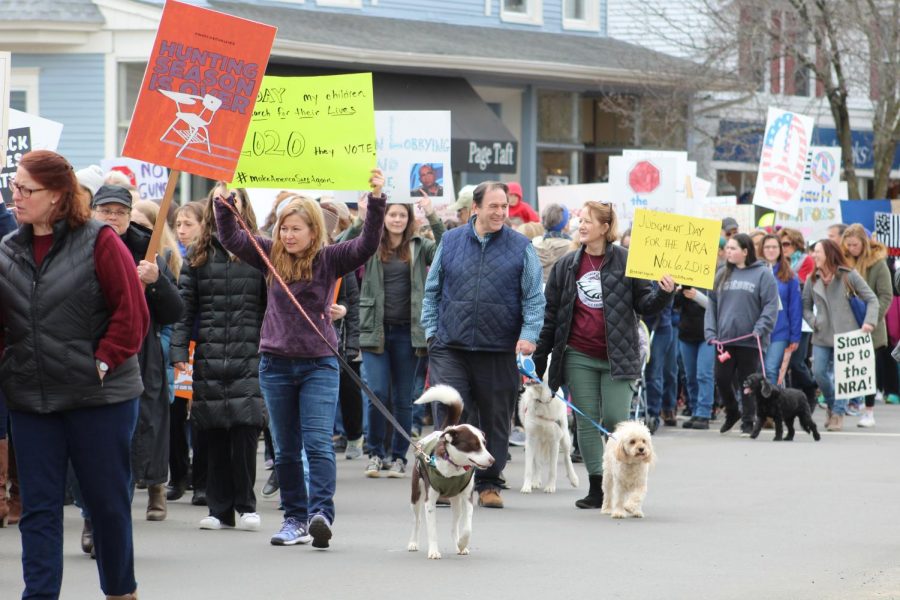By: Jessica Leeb
Contributing Writer
These Paper Bullets, adapted by playwright Rolin Jones, is a modern adaptation of William Shakespeare’s Much Ado About Nothing. These Paper Bullets was performed at the Yale Repertory Theater from March 14 to April 5.
Set in London in the 60s, this play features a four person band called the Quartos, based on the Beatles. These Paper Bullets is a comedy, yet almost a tragedy as well.
The play is about love; the struggling romance between Claude and Higgy, and the denied love between Ben and Bea. These Paper Bullets starts off with the Quartos returning from their tour only for Claude to see Higgy and realize how in love he is with her, and that he had never realized it before. He then goes through the process of planning to ask her to marry him, as well as getting permission from her father.
The wedding is planned and everything’s set, but Don Best, band member Pedro’s brother and former band member himself, had other plans. He wanted to ruin the Quartos as revenge, so he staged a scandal. He paid for a Photoshopped picture of Higgy cheating on Claude and gave it to Claude. Claude then decided that he was going to expose the truth on live television during their wedding. Claude succeeds and humiliates Higgy only to find out that it was fake. So, Claude apologizes and marries Higgy.
While this is going on, Ben and Bea are madly in love with one another, but both are too stubborn to admit it. It takes the scandal and the final resolution of it to force them to realize their feelings and for Ben to finally propose to Bea, who finally says yes. Although there were some points of the play that were controversial, overall the production was a success.
There were elements in the production that both added and took away from the success of the play. Taking specific lines from Much Ado About Nothing enhanced the effect of the points being portrayed. Shakespeare’s language isn’t always easy to understand, so it forces the audience to pay closer attention to what the actor is saying. This amplifies the purpose of what is being said. Also, the lack of music during almost every scene in which the Quartos aren’t playing, either live or recorded, places focus on the characters and their dialogue.
I believe that the play is effective in speaking to modern audiences since the 60s are a relatively well known time period. However, being over 50 years ago there is still room for the audience to displace themselves. The cast of the production, however, discovered a way to overcome the time gap. They involved the audience in the production themselves. Interviewing them, talking to them, referring to them, and dancing among them all helped pull them into the experience.











